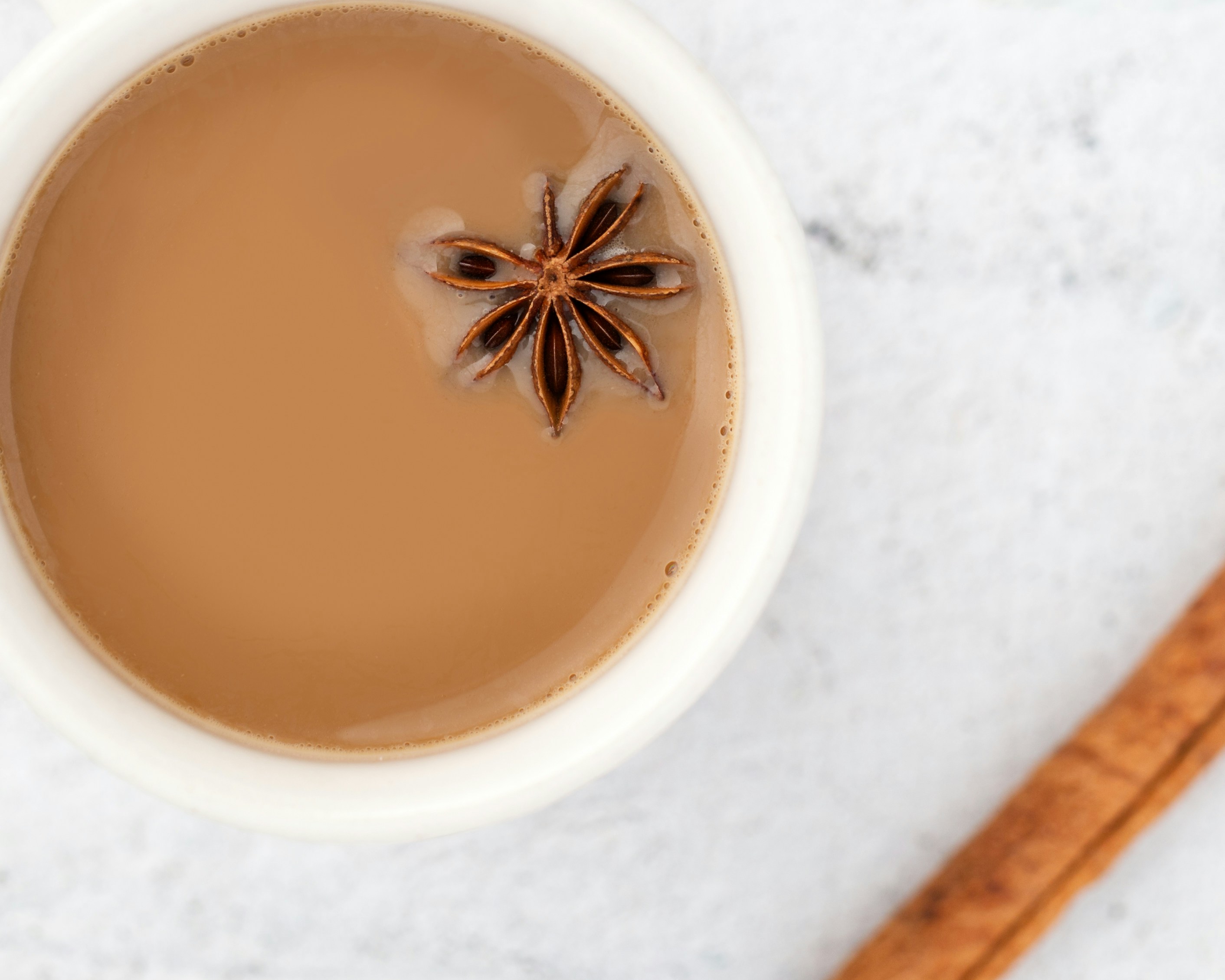Introduction
In 2019, researchers at Université de Sherbrooke published a study about a special drink which improved cognition in people with mild cognitive impairment : (Fortier 2019)
"Measures of episodic memory, language, executive function, and processing speed improved on the kMCT versus baseline."
The drink functions by producing an elevation in blood concentrations of ketone bodies which pass the blood brain barrier and support brain energy metabolism. The main ingredient of this drink was medium-chain triglyceride (MCT) oil, at a dose of 30 grams a day.
Medium chain triglycerides are a special type of fat which are more rapidly digested into fatty acids than long chain triglycerides. Medium chain fatty acids are transported directly to the liver via the portal vein rather than the lymphatic system. (Papamandjaris 1998) In the liver, medium chain fatty acids are then preferentially oxidized, producing ketone bodies.
One of the primary uses of MCT oil is in baby formula, in order to mimic human milk. MCT oil is 7-8% of baby formula by dry weight. MCT oil derived from coconut oil is also available in stores.
The 2019 trial was followed up by a second, larger, trial in 2020 which confirmed the results. (Fortier 2020)
Unfortunately, the kMCT drink is not (yet) available to the public. The ketogenic MCT oil drink (kMCT) was described as follows:
"Briefly, the kMCT drink was a 12% emulsion of Captex 355 (60% C8, 40% C10; Abitec Corp, Columbus, Ohio, USA) in lactose‐free skim milk. The placebo contained high‐oleic acid sunflower oil as a calorie‐equivalent non‐ketogenic vegetable oil."
In other words the kMCT drink is an emulsion of MCT oil in milk. Captex 355 is basically the same as MCT oil available in health food stores. Here is a recipe to make a similar drink in your kitchen.
Recipe
This ketogenic MCT milk tea could help improve cognitive function and provides 30 mL of medium chain triglycerides per cup.
- Preparation time: 15 minutes
- Yield: 1 Litre, 4 servings

- 1,120 calories (280 calories per serving);
- 112 grams fat (28 grams per serving);
- 480 mL water;
- 400 mL milk;
- 120 mL MCT oil;
- 1 teaspoon sunflower lecithin;
- black tea;
- optionally, sugar or stevia;
- Add 8 tablespoons (120 mL) of MCT oil into a blender;
- Bring 480 mL of water to a boil, and add to the blender;
- Start the blender at low speed;
- Add 1 teaspoon of sunflower lecithin to the running blender;
- Blend for a few minutes;
- Prepare milk tea with 400 mL of milk, black tea, sugar or stevia, and steep for the appropriate amount of time;
- Combine the two and refrigerate;
The key to a successful emulsion is the lecithin and the high temperature. Too much lecithin is bitter, so use just enough, about 1/4 teaspoon for every 2 tablespoons of oil. Add the lecithin as the blender is running. A successful emulsion should look like milk.
Enjoy one cup (250 mL) once or twice per day.
This milk tea is best consumed on an empty stomach.
References
Papamandjaris AA, MacDougall DE, Jones PJ. Medium chain fatty acid metabolism and energy expenditure: obesity treatment implications. Life Sci. 1998;62(14):1203-15. doi: 10.1016/s0024-3205(97)01143-0. PMID: 9570335.
Fortier M, Castellano CA, Croteau E, Langlois F, Bocti C, St-Pierre V, Vandenberghe C, Bernier M, Roy M, Descoteaux M, Whittingstall K, Lepage M, Turcotte ÉE, Fulop T, Cunnane SC. A ketogenic drink improves brain energy and some measures of cognition in mild cognitive impairment. Alzheimers Dement. 2019 May;15(5):625-634. doi: 10.1016/j.jalz.2018.12.017. Epub 2019 Apr 23. PMID: 31027873.
Fortier M, Castellano CA, St-Pierre V, Myette-Côté É, Langlois F, Roy M, Morin MC, Bocti C, Fulop T, Godin JP, Delannoy C, Cuenoud B, Cunnane SC. A ketogenic drink improves cognition in mild cognitive impairment: Results of a 6-month RCT. Alzheimers Dement. 2021 Mar;17(3):543-552. doi: 10.1002/alz.12206. Epub 2020 Oct 26. PMID: 33103819; PMCID: PMC8048678.